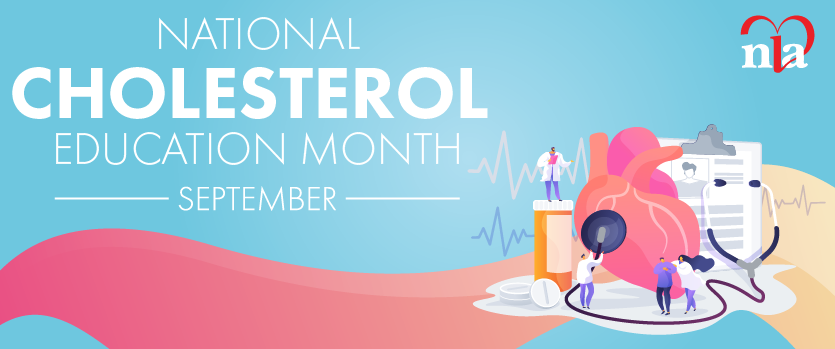Cardiovascular disease (CVD) is the leading cause of death among women and its incidence has been increasing recently, particularly among younger women. Across major professional society guidelines, dyslipidemia management remains a central tenet for atherosclerotic CVD prevention for both women and men. Despite this, women, particularly young women, who are candidates for statin therapy are less likely to be treated and less likely to achieve their recommended therapeutic objectives for low-density lipoprotein cholesterol (LDL-C) levels. Elevated LDL-C and triglycerides are the two most common dyslipidemias that should be addressed during pregnancy due to the increased risk for adverse pregnancy outcomes, such as preeclampsia, gestational diabetes mellitus, and pre-term delivery, as well as pancreatitis in the presence of severe hypertriglyceridemia. In this National Lipid Association






.jpg)
.png)










